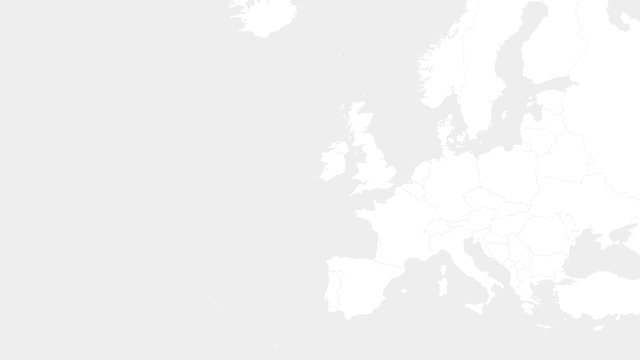Posted by: Caroline Coesemans, public policy manager for Google Belgium & Luxembourg
A Digital Strategy for the Grand Duchy: Getting Luxembourg Online
One normally doesn't think about small business when it comes to Luxembourg. Yet, SMEs in this country contribute with an overwhelming majority to the economy. Still, despite digital growth in the region there are a host of smaller, home-grown companies which haven’t taken advantage of the opportunities offered online. Although 93% of the population uses the internet -- one of the highest rates in Europe -- just 7% of small and medium enterprises (SMEs) market their products online. Over the past year, Google has partnered with local organizations all over Europe to create courses and train more than one million people, especially entrepreneurs, in digital skills. This week we showcased our latest project in Luxembourg at an event with Prime Minister Xavier Bettel. "The digital revolution is an opportunity if we seize it, and a catastrophe if we let it pass," he told an audience of business owners, IT professionals and civil servants. "We have to be present online -- if you're not, someone else will take that place." Luxembourg's shoppers aren't shy about going online. As Thierry Geerts, Google's Country Director for Belgium and Luxembourg explained at the event, they frequently search for goods and services online. But, out of 100 search queries, only 13% of links led to companies in Luxembourg -- meaning 87% of those opportunities are going to businesses elsewhere. With e-commerce one of the few sectors consistently growing, that's something Luxembourg's SMEs simply can't afford. Mr. Bettel and his colleagues understand that. Digital Luxembourg is a project launched by the government to provide training specially targeted for SMEs, and Luxembourg's Chamber of Commerce set up a training programme together with a number of banking associations known as House of Training. Google is proud to collaborate with House of Training on the Digital Workshop, offering a range of free courses which combine online and offline aspects of building and promoting a business in the digital age. Letzebuergisch entrepreneurs can up their game with seminars, including "Getting your business online," "International exporting" and "How to attract visitors to your website." At the conference, entrepreneurs were inspired by local success stories. Flibco.lu will be familiar to many in Brussels -- they provide coach transport from major cities to out-of-town airports like Charleroi and Frankfurt-Hahn. The cheapest and easiest way to book them? Online. Guests also heard from Luxcaddy.lu, which sells local product and specialities, and Abitare.lu which delivers stylish furniture all over the Grand Duchy. "We have to be prepared for the jobs of tomorrow, and give young people appropriate training," Mr. Bettel told delegates. When it comes to the business of online commerce, "we are standing on the platform, but we need to get on the train," he concluded. Hopefully, it will be full speed ahead for SMEs with Digital Luxembourg -- especially with free training courses for essential digital skills.






